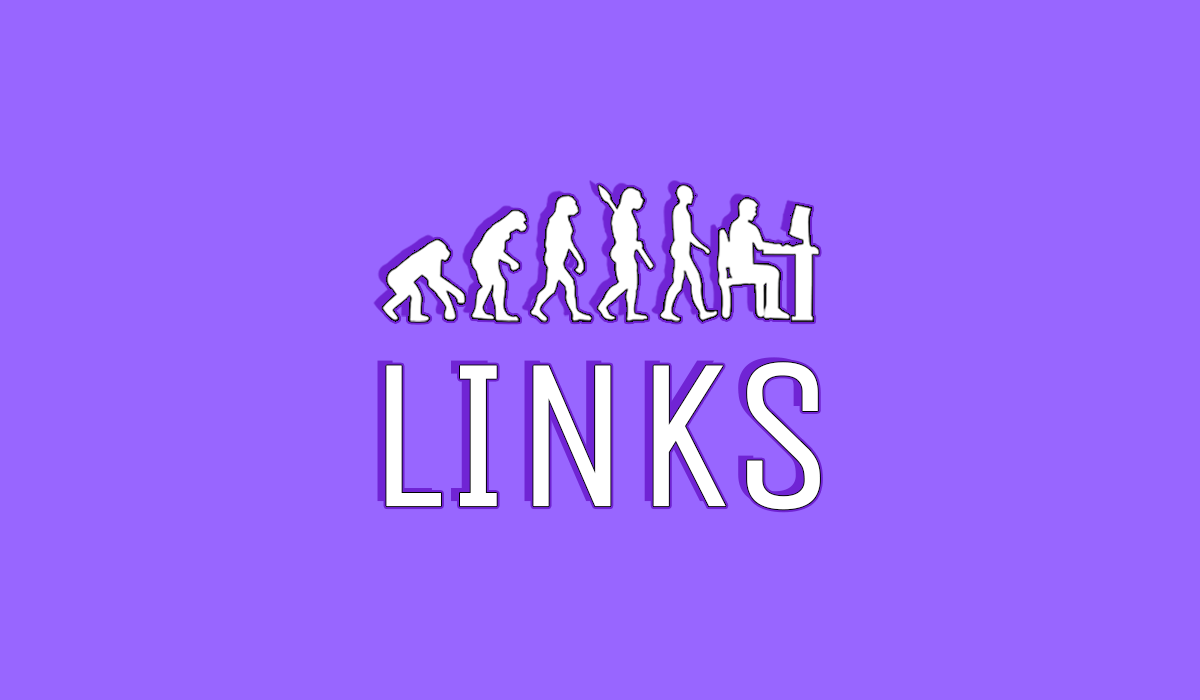LINKS - July 6th, 2022
Welcome to LINKS — my attempt to provide Rhapsody readers with five interesting stories that tell us something about what it means to be human. LINKS is published every Wednesday. Have a link you want to share? Drop it in the comments.
Clinical trials for pig-to-human organ transplants inch closer
By Max Kozlov, Nature
“Last week, during a two-day meeting of an advisory committee to the US Food and Drug Administration (FDA), agency officials and physicians discussed what regulators would need to move forwards. Most attendees agreed that human trials are needed to help answer the most pressing research questions about inter-species transplants, known as xenotransplants.”
Study Stresses the Importance of Recognizing Our Own Voice
By Sam Walters, Discover Magazine
“Though crucial for feeling "in control" of our speech, psychologists say that this sense of auditory agency is far from universal. In fact, some people with schizophrenia perceive a variety of voices and sounds when alone and silent, and some struggle to single out the sound of their voices while speaking. These so-called auditory hallucinations, some specialists say, develop from "a dysfunctional sense of agency over speech," which still needs more study.”
If you love staying up late and sleeping in, doing otherwise might actually hurt your health
By Neel V. Patel, Popular Science
“The mismatch Knutson is referring to has to do with circadian rhythms, the biological processes that govern the body over the course of the 24-hour day. Circadian rhythms determine sleep patterns, energy levels, hormones, and body temperature—basically all the most important things. ‘There are ideal or optimal times for certain things to occur,’ says Knutson. Messing with your preferred sleep schedule can drastically disrupt your circadian rhythms, which in turn can have severe, negative effects on your health. We’re all feeling the effects of this, to some extent, no matter when we like to go to sleep; research indicates that modern humans are sleeping poorly thanks to artificial light, warmer temperatures, and stress, and scientists are working to understand what kind of impact this has on our health. Studies on extreme cases—shift workers and people like ER doctors and firefighters who regularly stay up all night—suggest the downsides can be quite dire.”
In Search of Us by Lucy Moore review – the first anthropologists, warts and all
By Fara Dabhoiwala, The Guardian
“Lucy Moore’s fast-paced book tells the stories of 12 of these men and women. It begins with Franz Boas, who launched his career by living among the Inuit of Baffin Island for a year in the mid-1880s, accompanied by his domestic servant Wilhelm, and ended up as a professor at Columbia, where he inspired several of the other pioneers whom Moore describes, including Margaret Mead, Ruth Benedict and Zora Neale Hurston. It ends in 1955 with Claude Lévi-Strauss’s great meditation on the purpose and limits of anthropology, Tristes Tropiques.”
Here’s To Mike Davis, A Titan
“When Davis appeared for an interview with Bill Moyers in 2009 (as ‘the last socialist in America’) he quipped that he and his intellectual cohort had correctly predicted ‘11 out of the last three depressions.’ Not only has that record improved somewhat in the intervening 13 years, but his relative ideological isolation also ended. The financial crisis and the specter of global warming broke a generation’s faith in the generative capacity of American capitalism, and those looking for answers found few writers more clear-eyed or authoritative than Davis, a eco-Marxist historian whose career began right before the supposed end of history. There’s a hard cap on the utility of foretelling perpetual deterioration, but for all his grim proclamations, Davis’s conclusion is never despair. He is a committed fighter, and if he has been consistently correct in identifying the problems that we are all up against, he has been equally consistent when it comes to underscoring the need for solidarity, action, and commitment if there is going to be anything like a solution. Few scholars as sober and insightful in their analysis of this particular suite of crises could also pull off the trick of exuding his unshakeable belief in human possibility.”




